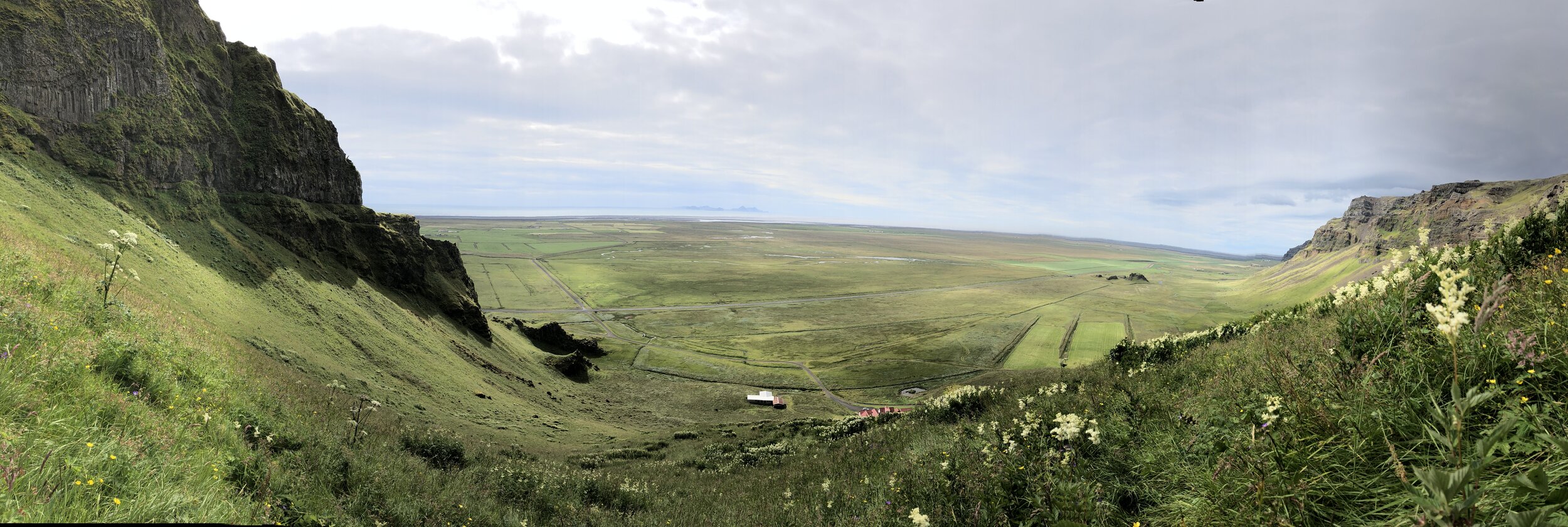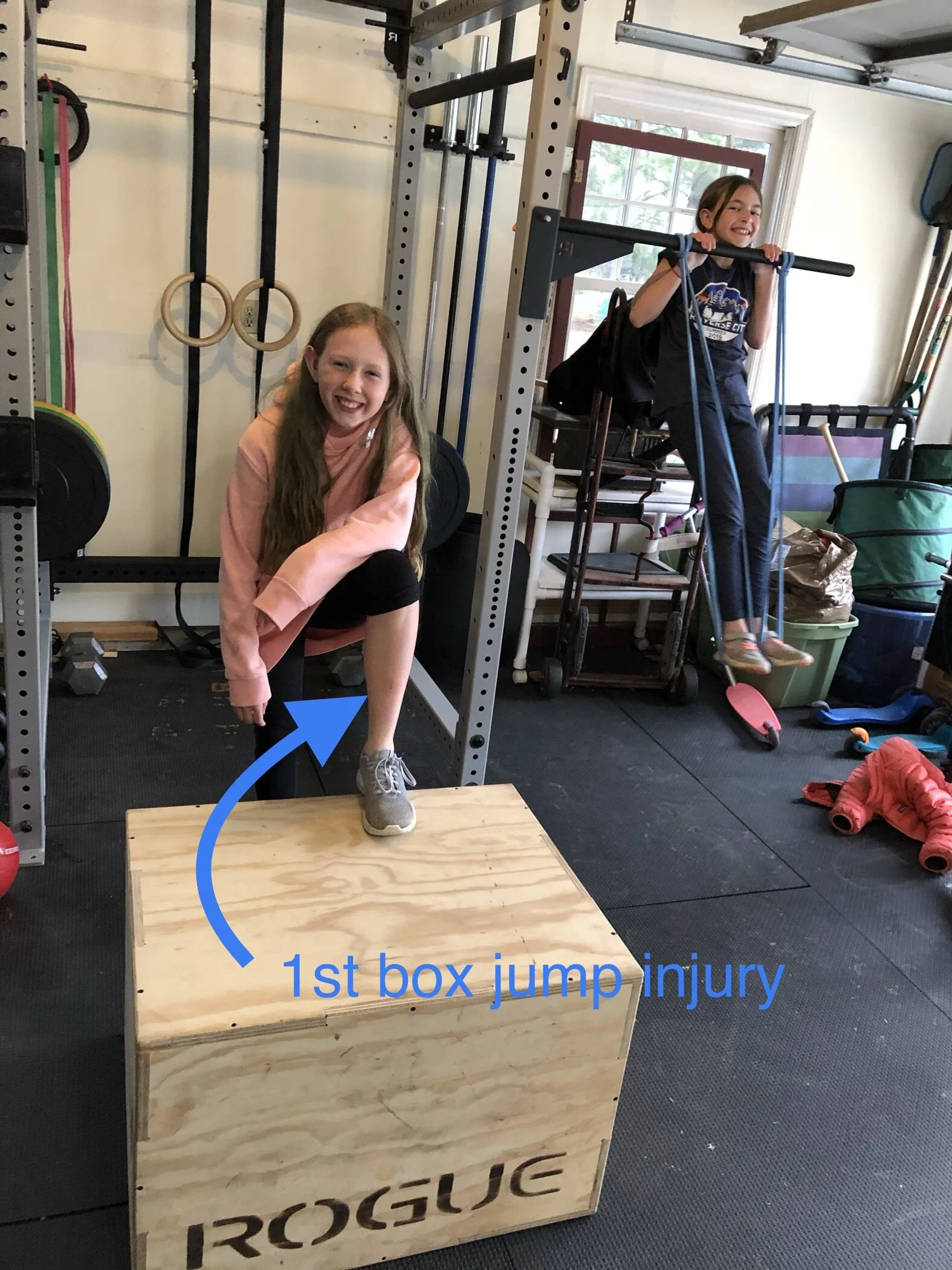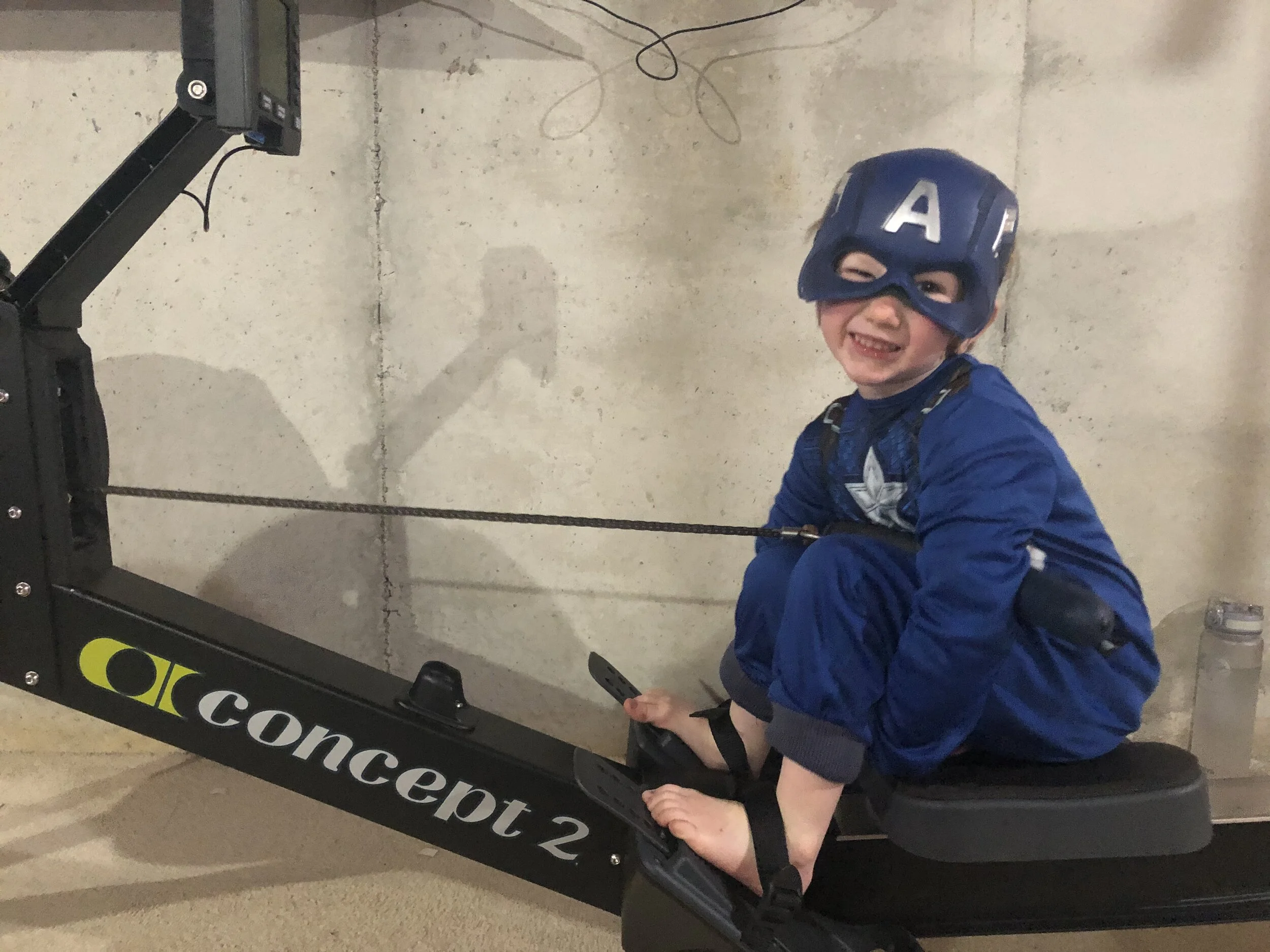
Exercise
You got to move it, move it.”
I think you are a bit like me… ready to get back to our gym workouts! Because we are on “lockdown,” working from home, sheltering in place our workout routines have suffered. The slow down in our exercise can have detrimental effects to our mental as well as physical health. According to Harvard Health, “Many forms of exercise reduce stress directly, and by preventing bodily illness, exercise has extra benefits for the mind. Regular physical activity will lower your blood pressure, improve your cholesterol, and reduce your blood sugar. Exercise cuts the risk of heart attack, stroke, diabetes, colon and breast cancers, osteoporosis and fractures, obesity, depression, and even dementia (memory loss). Exercise slows the aging process, increases energy, and prolongs life.” Click on this link for the full article: https://www.health.harvard.edu/staying-healthy/exercising-to-relax
My favorite benefits of exercise are endorphin release and cortisol suppression. Not to bore you with neuroscience, but endorphins are “feel good chemicals” and cortisol is a “stress hormone.” Exercise increases ones endorphins (feel good) and decreases cortisol (stress) levels.
Today I am going to challenge you with some of my favorite exercises - push ups, pull ups, air squats, lunges, planking, sit ups, and step ups. These exercises can be modified to your fitness level and done anywhere. I have posted a video of me performing some of these exercises with my kids on my Facebook page https://www.facebook.com/drphealth - my kids keep me humble!
Good Skills! And please let me know how I can help you.
-Dr. John (dJP)
Stillness. Meditation.
Can you feel the increase in stress?
I know at my house there is more stress. Trying to figure out a schedule, keeping kids active, taking time for yourself, working from home, navigating the grocery store, and the list goes on!
I recently finished the book Stillness is the Key by Ryan Holliday. The big take away is we need to slow down, take more walks, and learn how to open our mind.
The Corona virus has forced us all to slow down. We are not rushing to sporting events, school events, or out to eat. Slowing down is very difficult, but possible.
What a great time of year to get outside walking. The weather is warming, birds are chirping, and the sun can be seen! I know there are more people walking as I am seeing new faces go by my house every day. To me walking has always helped get my ideas flowing and helped me relax.
Lastly, something which has helped me open my mind is meditation. Just this year I started my meditation practice, wow, what a difference! I use Dr. Joe Dispenza's water rising meditation. In the beginning it was challenging to slow down my thoughts. The longer I practice the more I get out of it. To help you get started I have made a simple meditation infographic. Please click the link below.
https://mcusercontent.com/5eac0a2dd37ae6368cf353af6/images/decd07ba-ad50-4f03-8d7e-7f62df216c22.png
Hope this gives you some tools to help manage stress!
-Dr. John
Gratitude
We are under a little more stress these days. The Corona virus and social distancing seem to be creating a lot of fear. I have noticed not as many people are smiling or saying hello. No handshakes, fist bumps, or hugs. Stress can sure beat us down! But, we can do things to help; to un-stress our system, to stay positive .
Gratitude journaling helps. It allows me to be grateful for the little things. Gratitude journaling helps mellow my stress, calms me down, and puts my attitude into perspective. Journaling takes only a few minutes each day - I prefer to do it in the mornings.
Here is what my journal looked like today:
April 7, 2020. Today I am grateful for: smoked chicken dinner, our yard, evening campfires, a good nights sleep, JohnMarcus (my 3 year old) dressed as Captain America, goofing around, being outside, our military, and sunshine.
Work on gratitude journaling this week. Stay focused, positive, low stress, and think of all the people we can help.
Here is a link to help you get started, a gratitude challenge:
http://gratitudechallenge.com/downloads/gratitude-calendar.pdf
Please let me know what you think and share your successes!
-Dr. John
P.S. - feel free to share this - it may save someones day.
What, eat more fat?
Let’s talk Fat! Did you know your brain is approximately 60% fat? If you are not consuming fats your brain health suffers. A lack of essential fats can affect memory, concentration, focus, and even cause depression. We have been told for years to eat low fat, but why? I think we have been led to believe eating fats will cause us to be fat.
Let me break down the FATS of life! A fallacy that has been created in dieting is EATING fat will make you fat. There are fats that are not good for us – partially hydrogenated oils, more commonly known as trans-fats. These fats (oils) are made through a chemical process - hydrogenation. Hydrogenation solidifies liquid oil to help increase shelf life and provide stability to the flavor. Hydrogenated fats are found in vegetable shortening, margarine, and most snack foods – cookies, crackers, and chips. Trans-fatscause a host of problems in your body. They interfere with your body’s ability to regulate cholesterol, they have been linked to heart problems, and type II diabetes! Because of the danger of these fats, the FDA is in the middle of a 3 year process to ban artificial trans-fats from our food supply!
While this is intimidating, really quite scary, I can help you find healthy fats. Essential Fatty Acids (EFAs) are unique because the body cannot manufacture these fatty acids. And yes, they are essential for good health. Essential fatty acids must be obtained through food or proper supplementation. There are two essential fatty acids know to be essential for human health: alpha-linolenic acid (an omega 3) and linoleic acid (an omega 6). These are found in food such as cold water fish, shellfish, flaxseed or linseed, freshly ground flaxseed oil, hemp seed, olive oil (extra virgin), soya oil, rapeseed oil, chia seeds, pumpkin seeds, sunflower seeds, green leafy vegetables, and walnuts. According to the American Heart Association, consumption of omega-3 fatty acids is correlated with a decreased risk of sudden death, a decreased risk of blood clots, decreased triglyceride levels, and improved arterial health!
Our family supplements with a lot of healthy fats. We take Standard Processes Tuna Omega 3 oil in the sunny months, and then switch to Cod Liver Oil in the winter. Cod Liver oil has naturally occurring vitamin D and coenzyme C10. I bulletproof our coffee - which is I blend in butter and coconut cream. We use a lot of grass-fed butter (Kerrygold brand) and cold pressed olive oil. We also supplement with Designs for Health KTO-C8 chews. These watermelon flavored chews provide us with 500mg of medium chain triglycerides.
Change is difficult. But, if you make one healthy change each week, it is amazing how your life is transformed. This week think about fats and how you can change your diet to eliminate trans-fats and incorporate more essential fats. I look forward to hearing about your success!
Dr. John
Dr. John’s book list
Limited and more thoughtful development.
I enjoy reading and listening to audio books. My goal is to finish 30 books each year, although I usually read more. In this article I am going to highlight some of my favorites. Ones that can help you through a difficult time, challenge your thinking, give you some diet inspiration, and help motivate. This list is not is any specific order - just the random order of my thinking!
1. Tools of Titans, by Tim Ferris. Short interviews with successful, motivating, high performing individuals. Lots of ideas and book recommendations.
2. Make Your Bed, by William H. McRaven. Simple, start each day with a simple task, making your bed, and you will have at least accomplished one thing which you will enjoy at the end of the day.
3. No Limits, by John Maxwell. I enjoy John Maxwell’s teachings. This book will help you improve what holding you back - that is you!
4. The Collapse of Parenting, by Lenord Sax M.D., PhD. Wow! I have a lot to work on! Great book about parenting and how we as parents can improve our parenting, discipline, and improve our family dynamics.
5. Rich Dad, Poor Dad, by Robert Tiyosaki. Financial lessons. Just because you have a big degree does not mean you have financial knowledge. Advise from Mr. Tiyosaki’s two “dads” (one biological another a mentor) on financial life.
6. Devotion, by Adam Makos. Like the book description “An Epic Story of Heroism, Friendship, and Sacrifice.” I have enjoyed all his books.
7. Mans Search for Meaning, by Victor Frankl. A WWII concentration camp survivor. Helps put life into perspective. Be happy with nothing and you will be happy with everything.
8. Stillness is the Key, by Ryan Holiday. A great book communicating the importance of “stillness.” Slow down, think, take a walk, clear your mind, and then conquer that project.
9. Unstoppable, by Craig Ballantyne. Do not take no for an answer. You can do more than you think. Stop thinking of the problem and only focus on the solution.
10. The Paleo Solution, by Robb Wolf. The science behind and the knowledge to start “eating Paleo.” I read this 5 years ago, before paleo was “cool,” and incorporated a lot of this into my eating plan.





